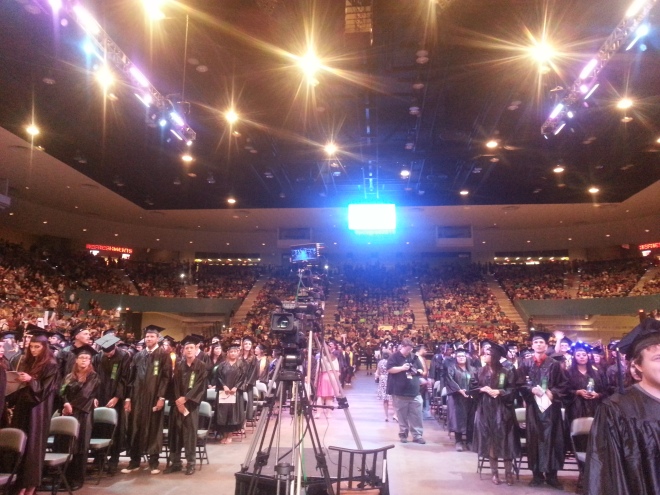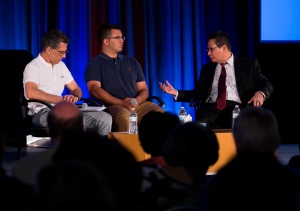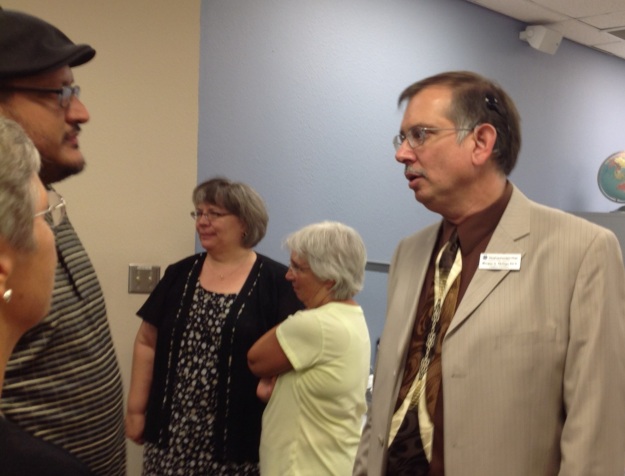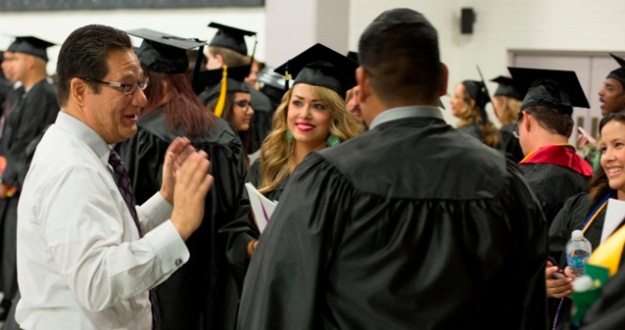Below is my May 31 message to the Pima Community College community following the murder of George Floyd:
Dear Colleagues,
There is great wisdom in the words of people who have come before us and experienced first-hand times of hatred, confusion and strife. Dr. Martin Luther King Jr. said, “The ultimate measure of a man is not where he stands in moments of comfort and convenience, but where he stands at times of challenge and controversy.”
The cruel and senseless slaying of George Floyd, whose final cries of “I can’t breathe” weighs on our hearts and minds with inextinguishable horror. It followed so tragically on other acts of brutal violence involving people of color.
These grievous acts of injustice stand in stark reality to the values held by Pima Community College, where social justice defines and guides our action and where compassion, integrity and inclusion help us move forward and compel us to demand better.
We know members of our community are suffering right now. Let us stand side-by-side and arm-in-arm with all who are affected and all who suffer as a result of ignorance and intolerance.
As an instrument of social justice, Pima Community College has a responsibility to provide the knowledge, skills and mentorship to those students seeking to join the front lines in the struggle for equity. We must cast light on darkness. We must replace ignorance with understanding. We must turn complicity into determination. We must, to paraphrase Dr. King, use love to drive out hate.
By doing what we do best – impart knowledge and open our students’ eyes to a world of possibility — we can help create a world that is more just and everyone has the opportunity to achieve their dream.
In the spirit of education, the Teaching and Learning Center (TLC) in collaboration with the Office of Diversity of Equity, Equity, and Inclusion will offer virtual learning communities for all Pima faculty, staff, and administrators to discuss what it means to be an antiracist educator, using a common reading of Dr. Ibram X. Kendi‘s book “How to be an Antiracist.” Please watch for details. I encourage you to participate.
Further as a bridge to greater academic achievement, we are obligated to provide students with pathways so that they can continue their educational journey. Thus, in alignment with the College’s goal to constructively engage with the community, I have directed the Provost to explore opening a dialogue with Arizona State University’s New College of Interdisciplinary Arts and Sciences and its bachelor’s degree program in Social Justice and Human Rights to find possible collaborations that benefit each school and ultimately our students
As Gandhi said: “You must not lose faith in humanity. Humanity is like an ocean; if a few drops of the ocean are dirty, the ocean does not become dirty.”
As a community we are all affected. So please take a moment to connect with one another, embrace our shared humanity and remind ourselves that the work we do is so imperative to a better world.
Please also remember the College has counseling resources available.
- Employees have access at any time of day or night to our Employee Assistance Program, Jorgensen-Brooks. The EAP 24-hour phone number is (520) 575-8623.
- Students also have 24/7 access to help through the Student Wellness Assistance, In MyPima: Go to Students > Student Resources tab.







